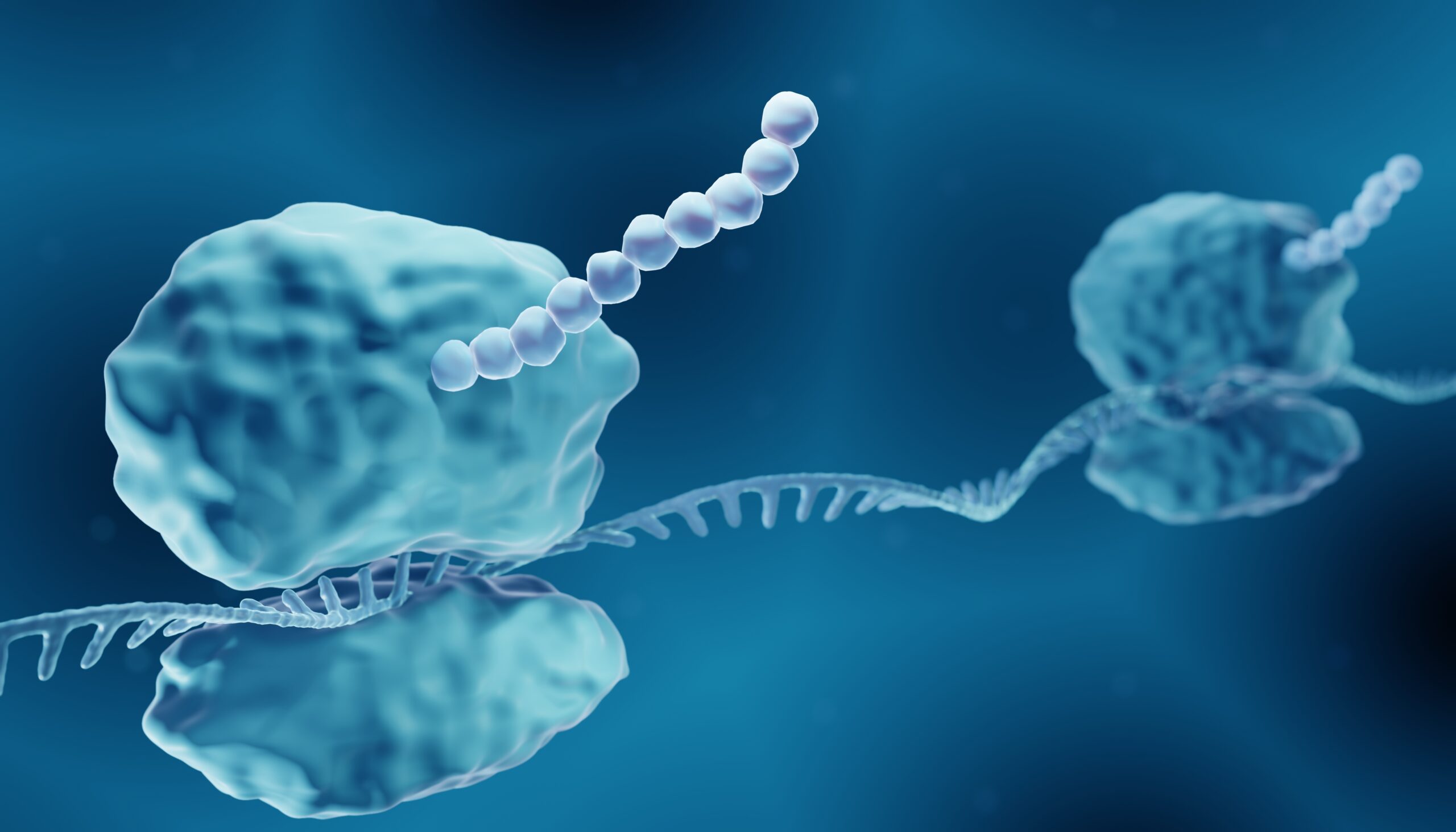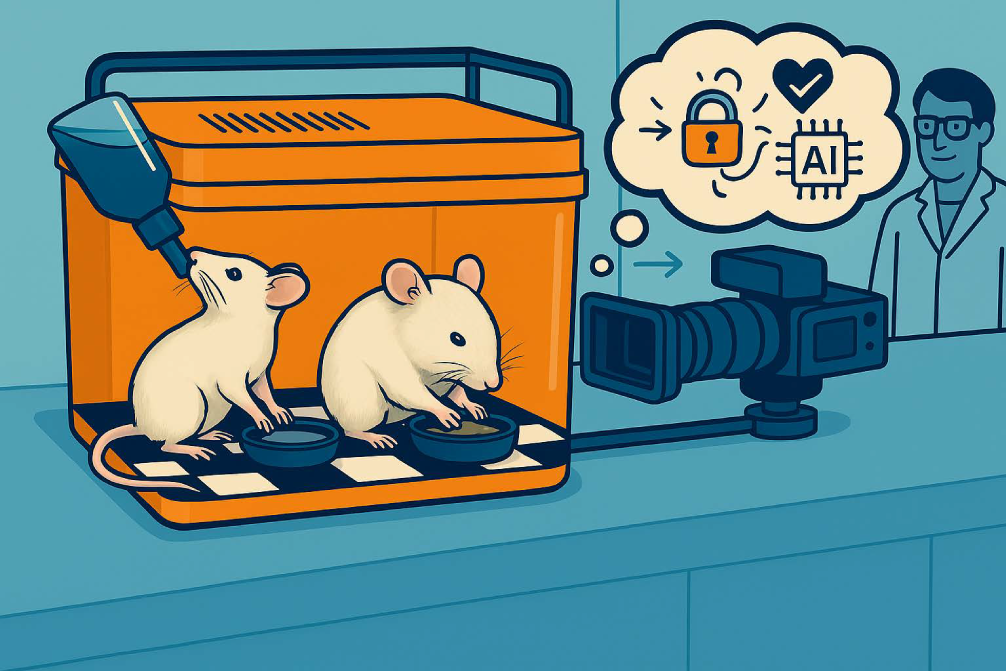New male Pill on way in DNA breakthrough New male Pill on way in DNA breakthrough (Scotsman, p17) A new male contraceptive pill could be created after scientists in Scotland discovered a key reproductive gene. Experts are also hopeful the breakthrough could also lead to new treatments for male infertility. Researchers from Edinburgh University have found a key gene essential for sperm development. They hope the study will lead to the creation of new methods of male contraceptives that do not disrupt the production of hormones, something which often creates side effects including mood swings and acne. The researchers have discovered the gene, Katnal1, is critical to enable sperm to mature in the testes. They now hope to find ways to regulate the gene to prevent sperm from maturing, making them ineffective. Dr Lee Smith, reader in genetic endocrinology at the Medical Research Council Centre for Reproductive Health at the university, said: “The identification of a gene that controls sperm production in the way Katnal1 does is unique and a significant step forward in our understanding. If we can find a way to target this gene in men, we could potentially develop a male non-hormonal contraceptive.” The research could also help in finding treatments for cases of male infertility, when malfunction of the Katnal1 gene hampers sperm development. The researchers found that Katnal1 was needed to regulate a structure, known as microtubules, which forms part of the cells that support and provide nutrients to developing sperm. The breakdown and rebuilding of these microtubules, enable the sperm cells to mature and Katnal1 acts as the essential controller of this process. The study, which was funded by the Medical Research Council, also revealed the possibility of introducing a DNA sequence that permanently blocked Katnal1 as a method of permanent sterility, which the team have dubbed “genetic vasectomy”. Also reported in The Herald (p3) and the Independent (p13), and BBC News Online



